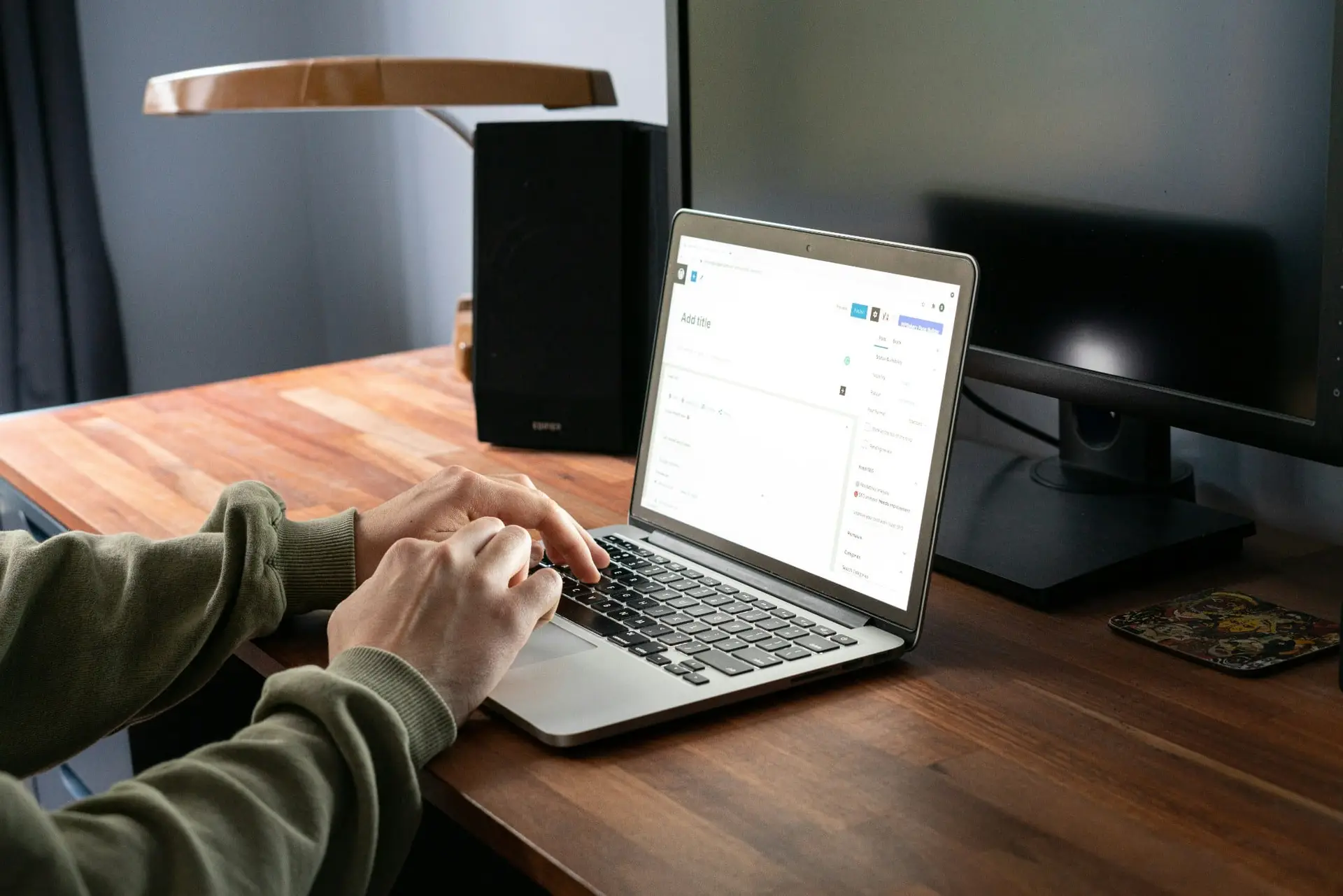
1. Identify Your Needs
Before you start searching for a developer, clearly define your requirements. Consider the following questions:
- What type of website do you need? (e.g., blog, e-commerce, portfolio)
- What features are essential? (e.g., contact forms, membership systems, custom functionalities)
- What is your budget?
Having a well-defined scope will help you communicate effectively with potential candidates.
2. Determine Your Budget
Establishing a budget early on can help you narrow down your options. WordPress developers’ rates can vary widely based on their experience, expertise, and location. Decide whether you want to hire a freelancer, an agency, or a full-time employee, as each option comes with different cost implications.
3. Look for Relevant Experience
When evaluating candidates, pay close attention to their experience with WordPress:
- Portfolio: Review their previous work to gauge their design style and functionality.
- Specialization: Check if they have experience with the specific type of website you need (e.g., e-commerce, custom themes).
- Technical Skills: Ensure they are proficient in relevant programming languages (HTML, CSS, PHP, JavaScript) and are familiar with popular plugins and themes.
4. Check Reviews and References
Gather feedback from previous clients to understand the developer’s work ethic, reliability, and communication skills. Platforms like Upwork, Freelancer, and Clutch can provide reviews and ratings. Additionally, don’t hesitate to ask candidates for references from past clients.
5. Conduct Interviews
Once you’ve shortlisted potential developers, conduct interviews to assess their fit for your project. Consider the following:
- Technical Knowledge: Ask about their experience with WordPress, problem-solving approaches, and familiarity with SEO practices.
- Communication Skills: Evaluate how clearly they explain technical concepts and how responsive they are to your questions.
- Cultural Fit: Ensure their working style aligns with your team’s culture, especially if you’ll be collaborating closely.
6. Discuss Project Management
Understanding how a developer manages projects is crucial for ensuring smooth collaboration. Inquire about:
- Tools Used: Familiarity with project management tools (like Trello, Asana, or Basecamp) can enhance workflow.
- Communication Preferences: Establish how often you’ll communicate and through what channels (email, Slack, video calls).
- Timelines: Discuss estimated timelines for different phases of the project and how they handle delays.
7. Request a Trial Project
If you’re uncertain about a developer’s capabilities, consider assigning a small trial project. This will give you insight into their work quality, adherence to deadlines, and overall compatibility with your requirements.
8. Evaluate Their Knowledge of Security and SEO
A good WordPress developer should prioritize security and search engine optimization. Ask about their approach to safeguarding websites against threats and how they implement best practices for SEO, such as optimizing page load speed, metadata, and mobile responsiveness.
9. Finalize the Contract
Once you’ve chosen a developer, draft a clear contract that outlines:
- Scope of Work: Specify deliverables, milestones, and timelines.
- Payment Terms: Clearly define the payment schedule (upfront, upon completion, etc.) and methods.
- Ownership Rights: Ensure you retain ownership of all work produced.
- Support and Maintenance: Discuss post-launch support and maintenance options.
Conclusion
Hiring a WordPress developer doesn’t have to be overwhelming. By clearly defining your needs, evaluating candidates thoroughly, and establishing effective communication, you can find the right developer to bring your vision to life. Remember, a well-executed project can lead to a successful online presence, so take the time to make an informed decision. Happy hiring!




